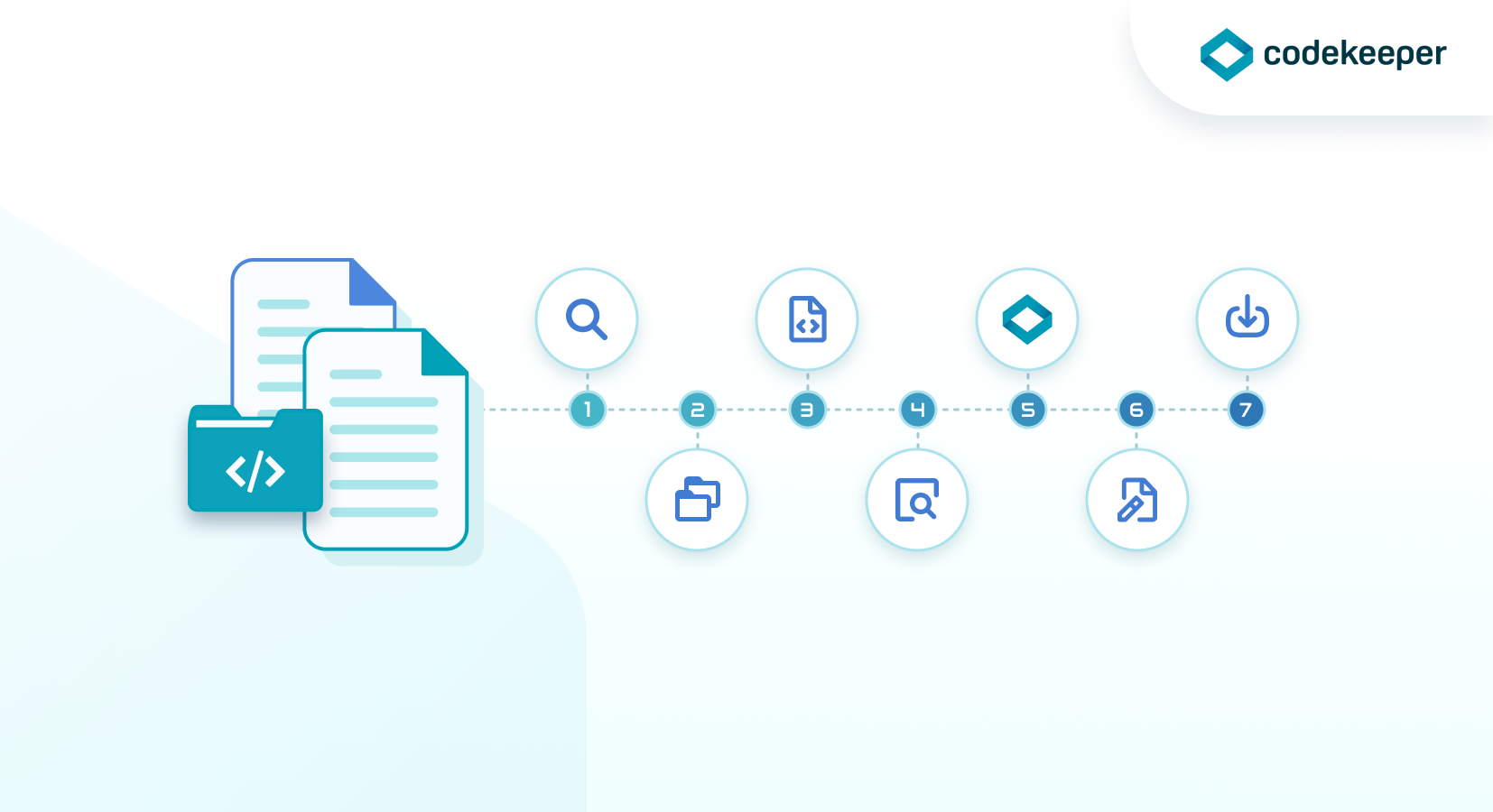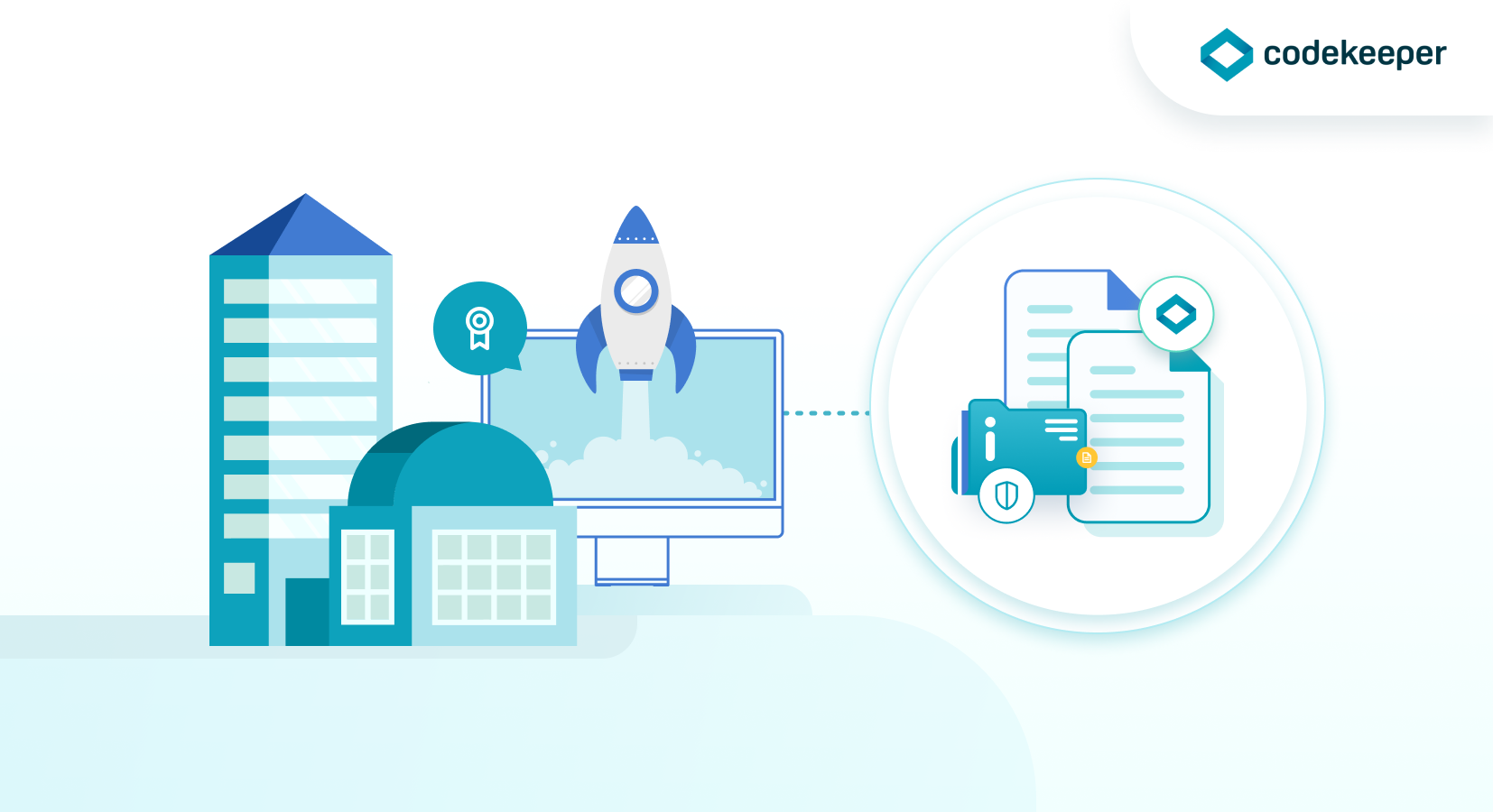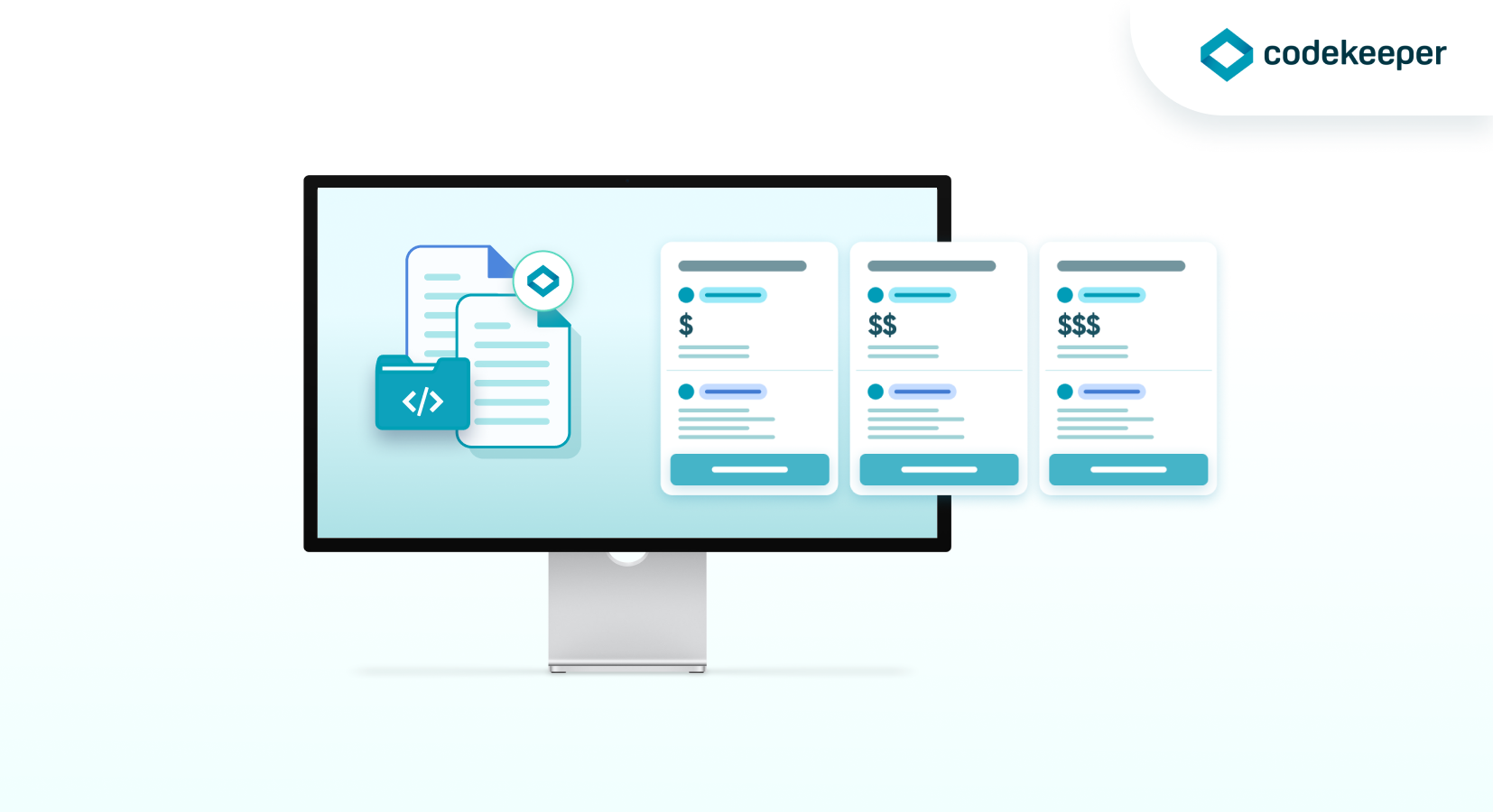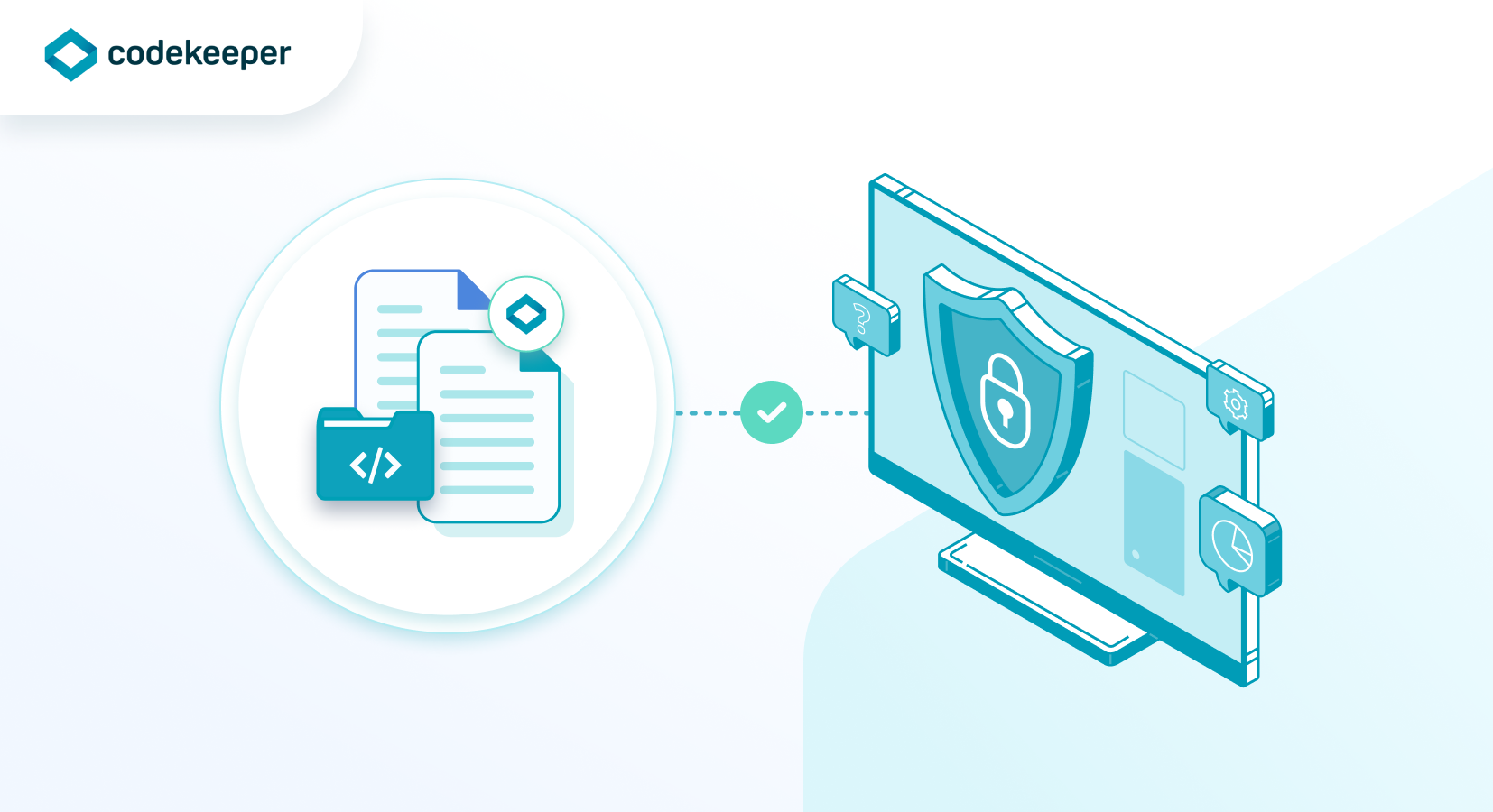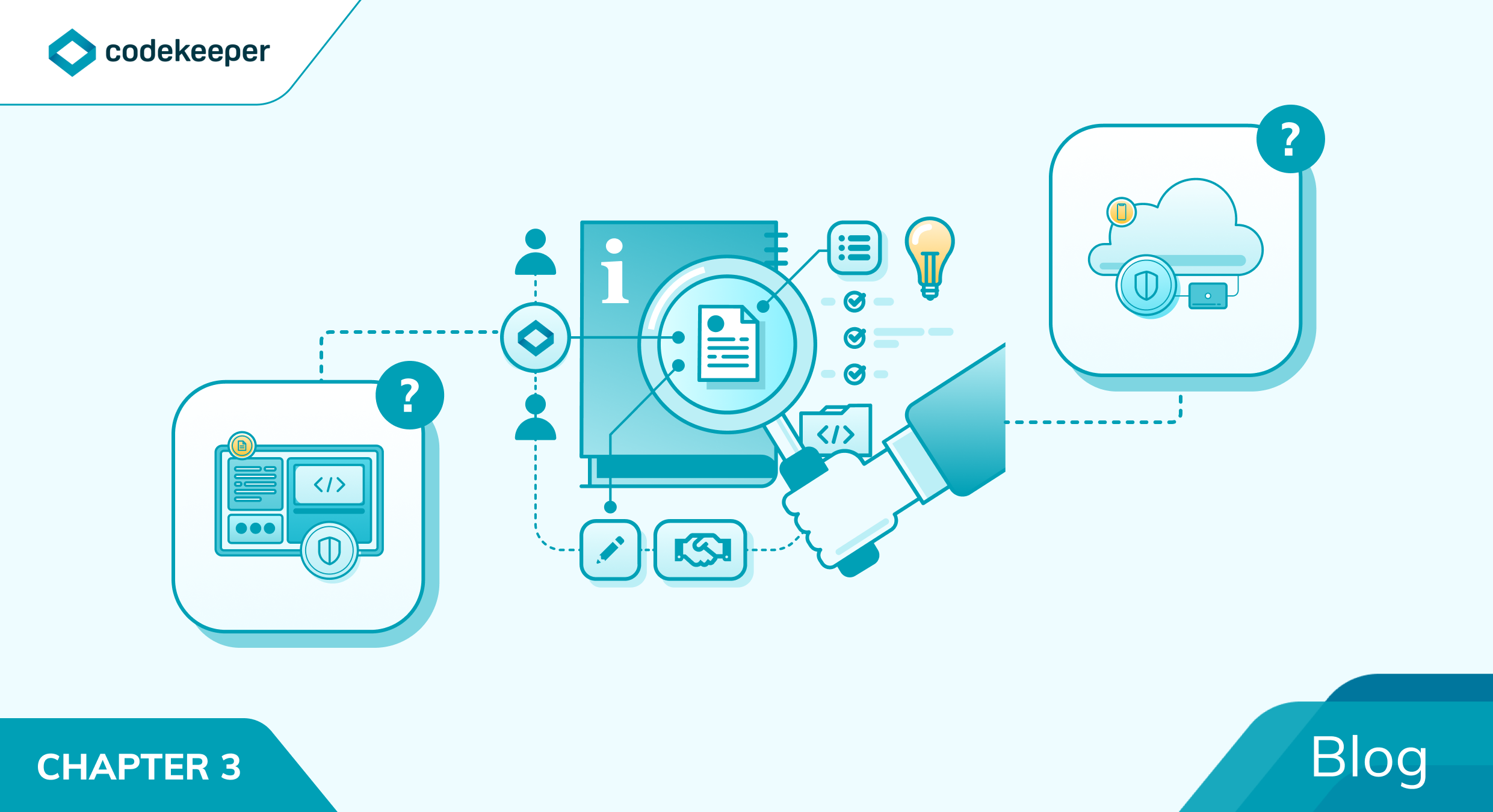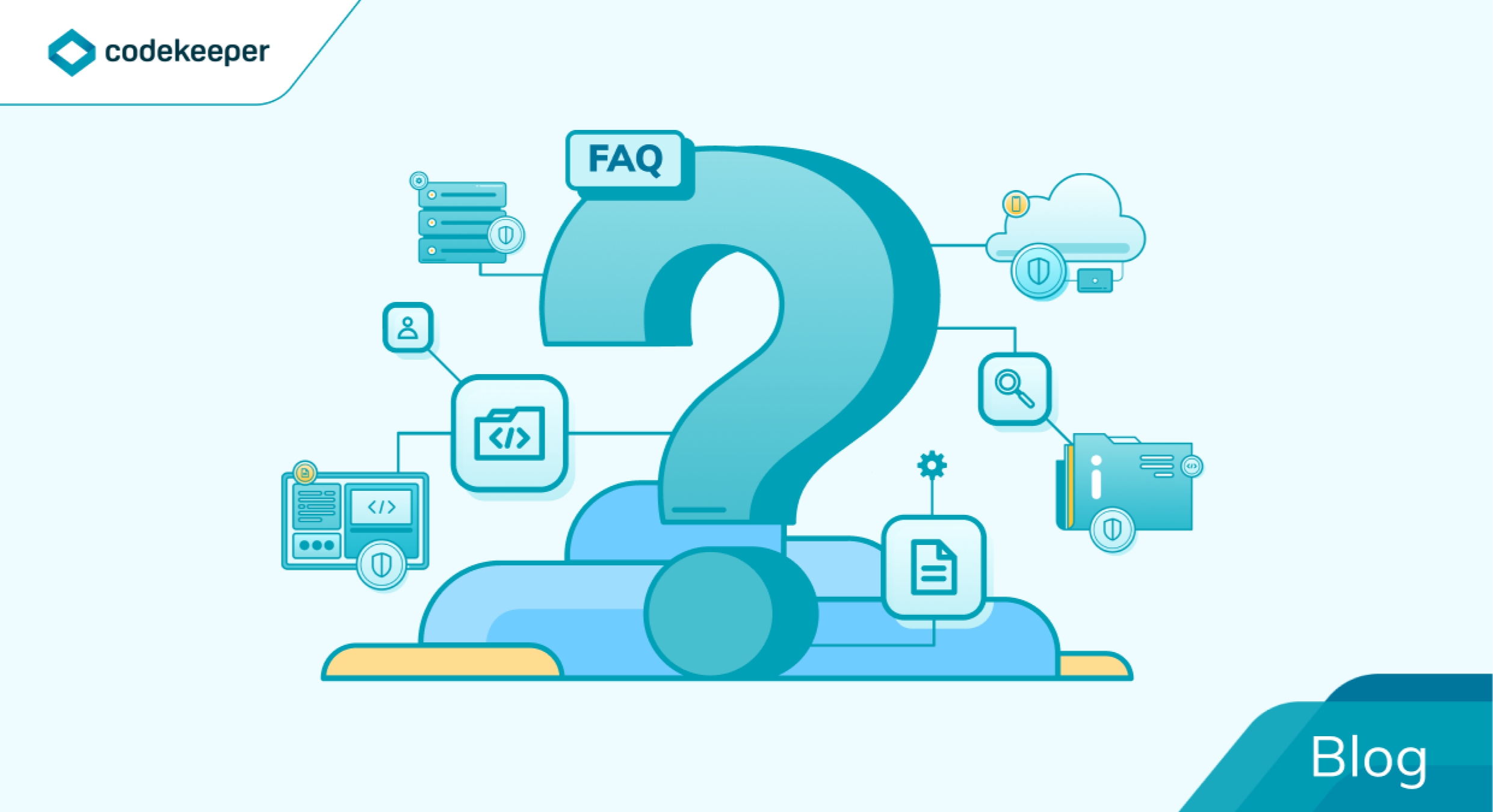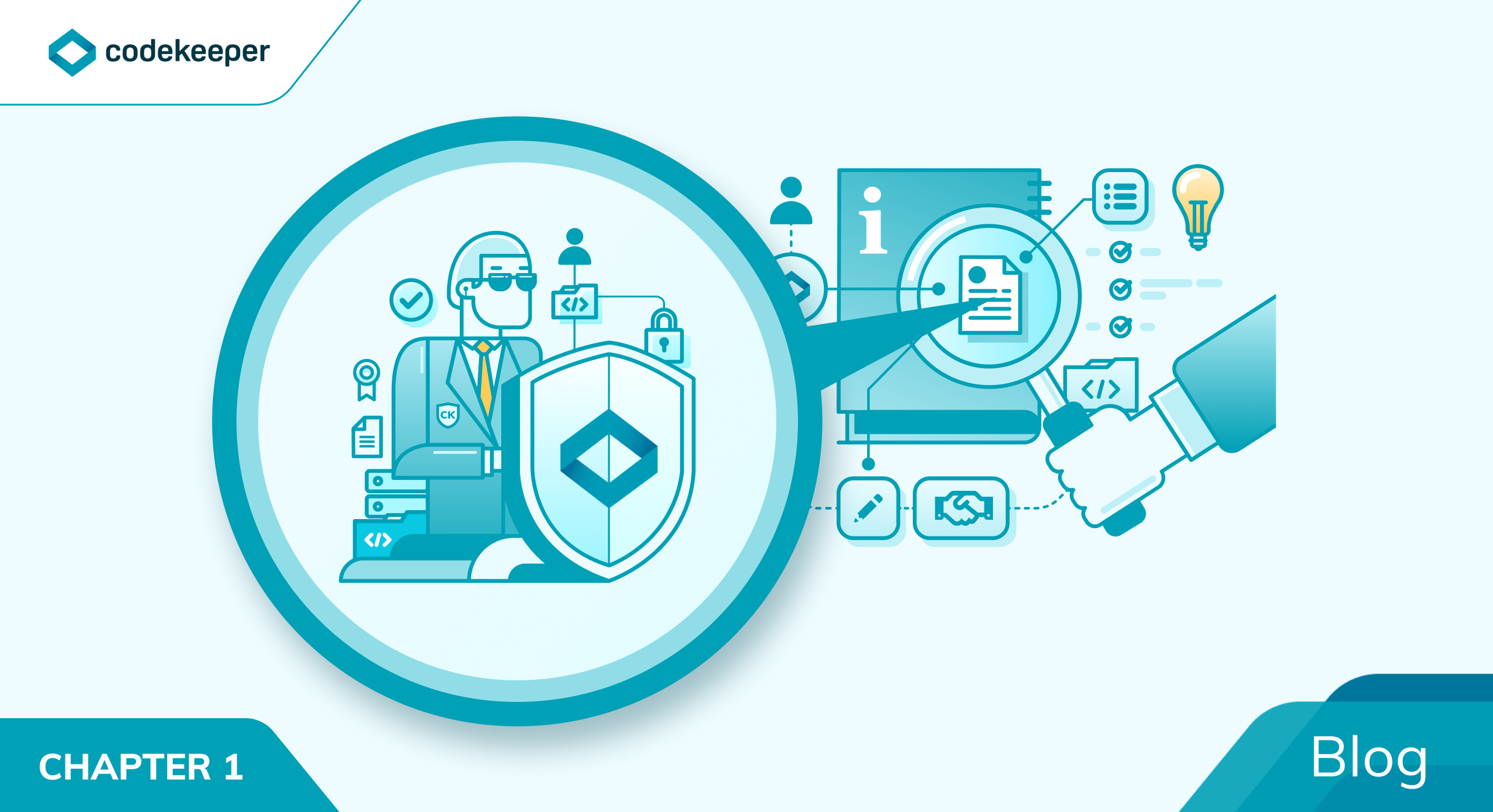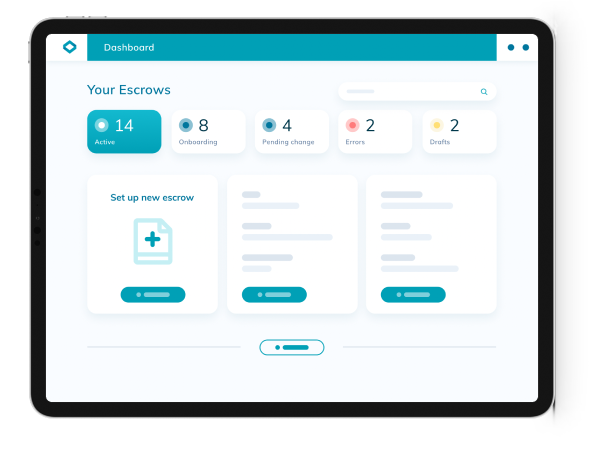Data Escrow, Saas Escrow, Source Code Escrow, it can all get a little confusing, this is why we accumulated all the frequently asked questions straight.
Data Escrow
What is Data Escrow?
Without the necessary data, it is immensely hard to bring and keep a software application in a usable and useful state. Data escrow is an effective way of ensuring that any data created and managed by a business-critical software application is never at risk of being lost or inaccessible.
Specifically, by deploying data escrow, the application's end-user (licensee) ensures they are always able to access the most up-to-date copy of the data they need to operate critical functions and ensure business continuity. The data in escrow can only be released to the licensee under predefined (and verified) conditions, such as in the event of a natural disaster or their licensor running out of business.
What does Data Escrow mean?
Data escrow is a specialized data protection solution designed to maintain the safety and integrity of data essential to the proper functioning of a mission-critical software application.
Who is data escrow for?
Any company that builds software applications and their clients. While data escrow is not intended to replace operational backups, security-minded companies that commission software use data escrow to bolster their risk mitigation. Software developers, on the other hand, use it to boost sales by strengthening their business case and providing more value to their clients.
Why do people use data escrow?
When you build and use a software application, you create data. There is no way around it. And this data can be stored in environments where software is deployed and executed, including databases in different physical locations, asset stores like AWS S3 and Microsoft Azure, in-memory databases, and many others. In case critical data suddenly becomes inaccessible for any reason, your software application would lose its normal functionality.
What can cause data loss?
Data loss occurs when data is accidentally deleted or something causes it to become corrupted. Viruses, physical damage, formatting errors, or a combination of these can render data unreadable by both humans and software, posing a risk to the financial health of businesses of all sizes.
